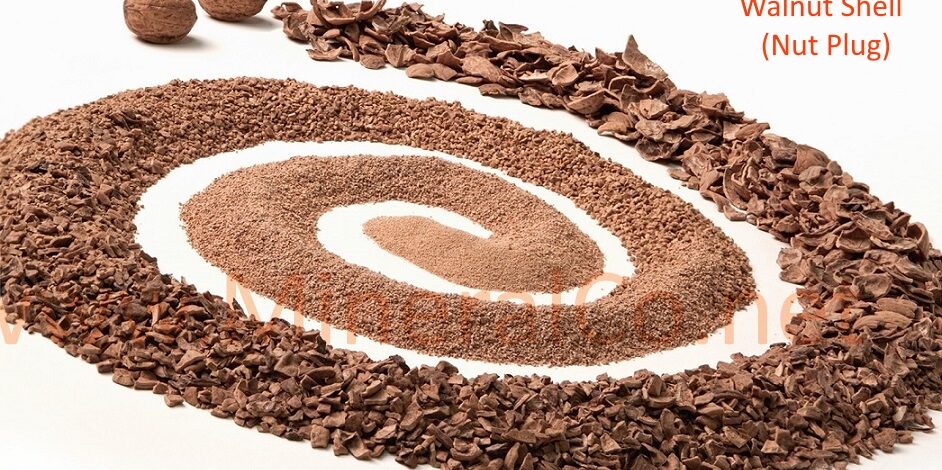A Sustainable Boost for Healthier Soils
Walnut shells are emerging as an excellent natural material for soil amendment, offering numerous benefits for agricultural practices and home gardening. With their rich organic composition and ability to improve soil structure, walnut shells help foster healthier, more fertile soil. As a sustainable, eco-friendly solution, they’re gaining popularity among both commercial growers and hobbyist gardeners.

Why Use Walnut Shells for Soil Amendment?
1. Improves Soil Structure
Walnut shells, when finely ground and mixed into soil, enhance its structure by improving aeration and water retention. This makes the soil less compact and more capable of supporting plant growth. The fibrous texture of walnut shells helps create pathways for air and water to reach plant roots, making it an ideal amendment for heavy clay soils that tend to retain water and become compacted.
https://iranmineral.net/walnut-shell-for-sandblast/
2. Natural and Eco-Friendly
As an organic, biodegradable material, walnut shells are a great choice for those looking for eco-friendly soil amendments. They decompose slowly over time, releasing nutrients back into the soil without the risk of introducing harmful chemicals. This makes them a sustainable alternative to synthetic soil conditioners, which can leach chemicals into the soil and harm plant life in the long term.
3. Enhances Drainage
One of the key benefits of using walnut shells as a soil amendment is their ability to improve drainage. Poor drainage can lead to waterlogged soils, root rot, and plant stress. By incorporating walnut shell fragments into the soil, gardeners can reduce water retention and prevent the soil from becoming too dense, making it easier for plants to thrive.
Applications of Walnut Shell Soil Amendment
1. Garden Beds and Landscapes
Walnut shells are ideal for enriching garden beds, where they can improve soil structure and promote better plant growth. Whether you’re planting vegetables, flowers, or shrubs, adding walnut shells can provide the necessary aeration and drainage that encourages healthier root development.
2. Potted Plants and Containers
Potted plants often suffer from compacted soil, which can limit root growth and water flow. Adding walnut shell powder or granules to potting soil improves the porosity and helps prevent compaction, allowing potted plants to grow stronger and healthier.
3. Composting and Mulching
Walnut shells can also be added to compost heaps or used as mulch. When mixed into compost, they break down slowly and contribute to a richer, more nutrient-dense compost. As mulch, they help retain moisture in the soil, reduce weed growth, and regulate soil temperature, all while adding a natural, earthy look to your garden beds.
Benefits of Using Walnut Shells in Soil
1. Improves Water Retention
Walnut shells have a unique porous structure that helps retain moisture in sandy soils. This makes them particularly beneficial for areas that experience dry conditions or for plants that require consistent moisture. By holding water in the soil longer, walnut shells reduce the need for frequent watering and improve plant resilience in drought-prone areas.
2. Nutrient-Rich Organic Material
As they decompose, walnut shells slowly release essential nutrients into the soil. These nutrients, including carbon and other organic compounds, contribute to long-term soil fertility, making walnut shells a valuable amendment for soil health and productivity.
3. Environmentally Safe
Unlike chemical fertilizers or soil amendments, walnut shells don’t pose a risk to the environment. They decompose naturally and enrich the soil without leaving harmful residues. For organic farmers and eco-conscious gardeners, walnut shells offer a perfect blend of performance and sustainability.

